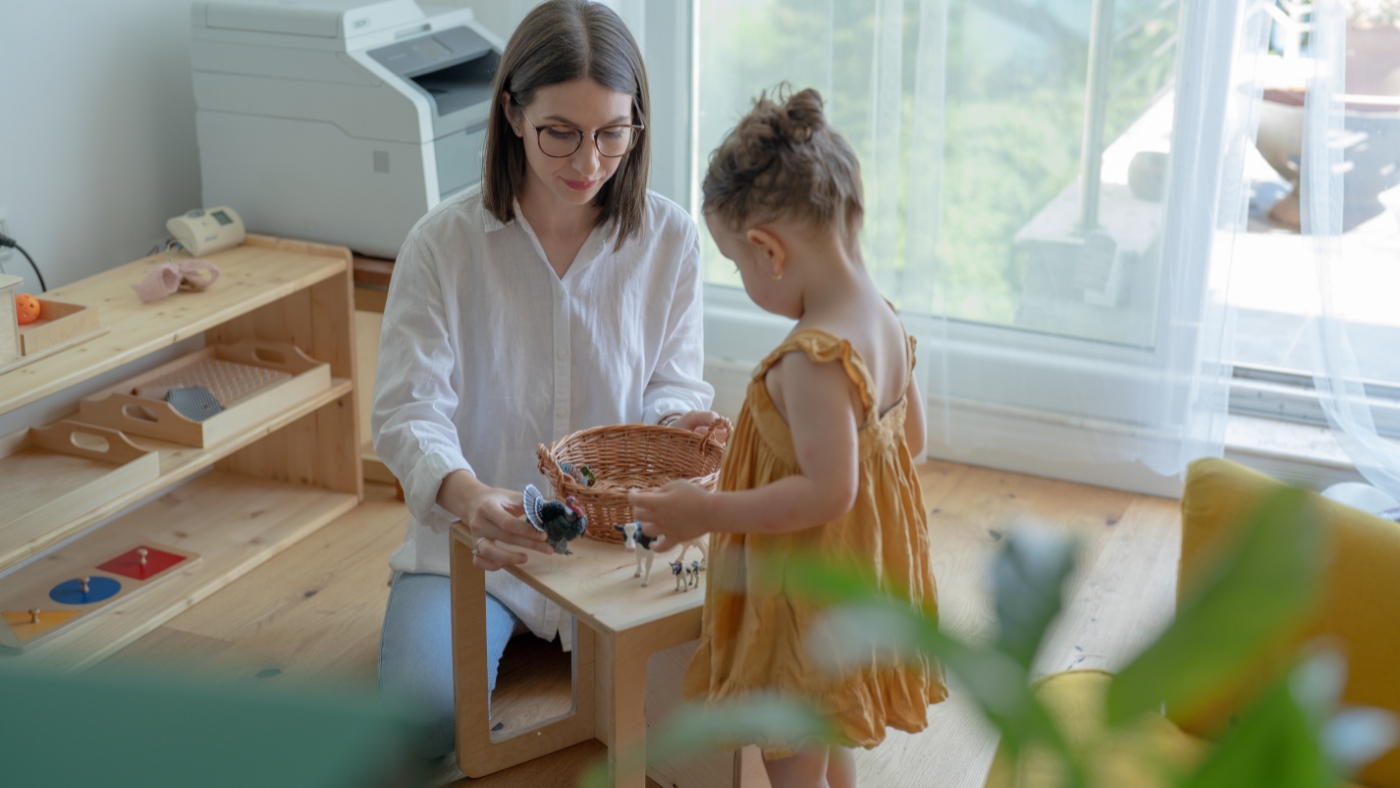
Every parent wants the best for their children, especially when it comes to education. For parents of toddlers, choosing the right preschool can be a daunting task.
The two options that most parents consider are Montessori and traditional preschools. Both have their unique philosophies and methods of education, making it difficult to decide which one would be a better fit for your child.
In this blog post, we will provide detailed information about Montessori and traditional preschools to help you make an informed decision.
Montessori Preschool
Montessori preschools follow a child-centered approach to learning, where the child is in control of their education.
The Montessori method is designed to promote independence, curiosity, and critical thinking in children. The classrooms are structured in a way that encourages children to learn at their own pace, with teachers acting as facilitators rather than instructors.
The environment is designed to be engaging and stimulating, with a wide range of materials and activities.
Traditional Preschool
Traditional preschools follow a more teacher-centered approach, where the teacher is responsible for guiding the child’s education. The curriculum is structured, with set lessons and schedules.
The traditional preschool approach emphasizes on academic achievement and preparation for kindergarten. The environment is typically more structured, with limited opportunities for free play.
Pros and Cons of Montessori Preschool
Montessori preschools provide children with a lot of opportunities to explore and discover on their own. Children learn to develop self-confidence, independence, and self-reliance.
The Montessori method emphasizes on individuality, which allows children to learn at their own pace. However, some parents may find the Montessori approach to unstructured and worry that their children may not receive adequate preparation for kindergarten.
Pros and Cons of Traditional Preschool
Traditional preschools provide a structured environment where children learn to follow rules and schedules.
Children are exposed to a wide range of academic subjects, which help in preparing them for kindergarten.
However, some parents may find the structured environment too rigid and not conducive to creativity. Children may also feel pressured to achieve academic goals, which can lead to stress and anxiety.
Choosing between Montessori and traditional preschools ultimately depends on what you value most in your child’s education.
If you value independence, self-exploration, and critical thinking skills, Montessori preschools are a great option. If you value academic success and preparation for kindergarten, traditional preschools might be a better fit.
It is important to consider your child’s personality and learning style when making this decision. Regardless of which preschool you choose, remember that the most important thing is to choose a school that feels right for both you and your child.



